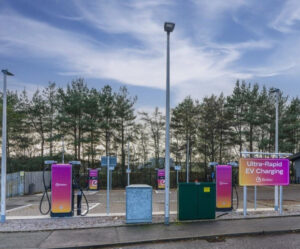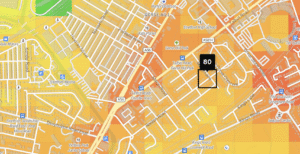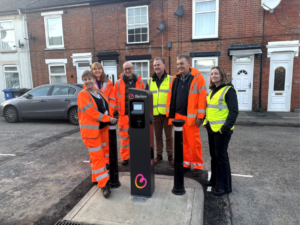The Transport Committee has launched an inquiry to look at legalising electric scooters, their impact on congestion, and potential contribution to cutting emissions.
The UK is the last major European economy where e-scooters are banned everywhere except on private land. In the UK, e-scooters are classified as a ‘powered transporter’ and are covered by laws that apply to all motor vehicles, including the requirements of the Road Traffic Act 1988 on road tax and technical safety standards.
The Committee’s inquiry will consider whether e-scooters should be permitted on roads, cycles lanes and/or pavements, noting that any change in the law would require primary legislation.
If e-scooters are to be made legal in the UK, the government may follow Germany by specifying minimum standards for safety features such as lights, reflectors, bells and brakes. Some cities also require both adults and children to wear helmets when riding e-scooters.
The chair of the Transport Committee, Huw Merriman MP, said: ‘Electric scooters could be a useful lever to reduce our transport carbon footprint but their environmental credentials have yet to be proven. These ‘powered transporters’ could reduce the amount of time we spend in cars and reduce congestion but we don’t want to score an own goal by encouraging the use of micromobility vehicles instead of walking and cycling.
‘Road safety is a significant consideration. We must consider the dangers to other road users and especially pedestrians with visual impairments or those who use mobility aids and rely on clear pavements. Safety must also be a factor for riders of e-scooters.
‘We’d like to hear from manufacturers about the design and build of e-scooters. The public may have views on whether there should be specific vehicle or user requirements. Are e-scooters something good and positive which will take traffic off the road – one part of what the Department for Transport describes as a “transport revolution”? Let’s see if those who respond to our inquiry agree.’
The committee is also calling for written evidence on e-scooters.
Photo Credit – Pixabay
















